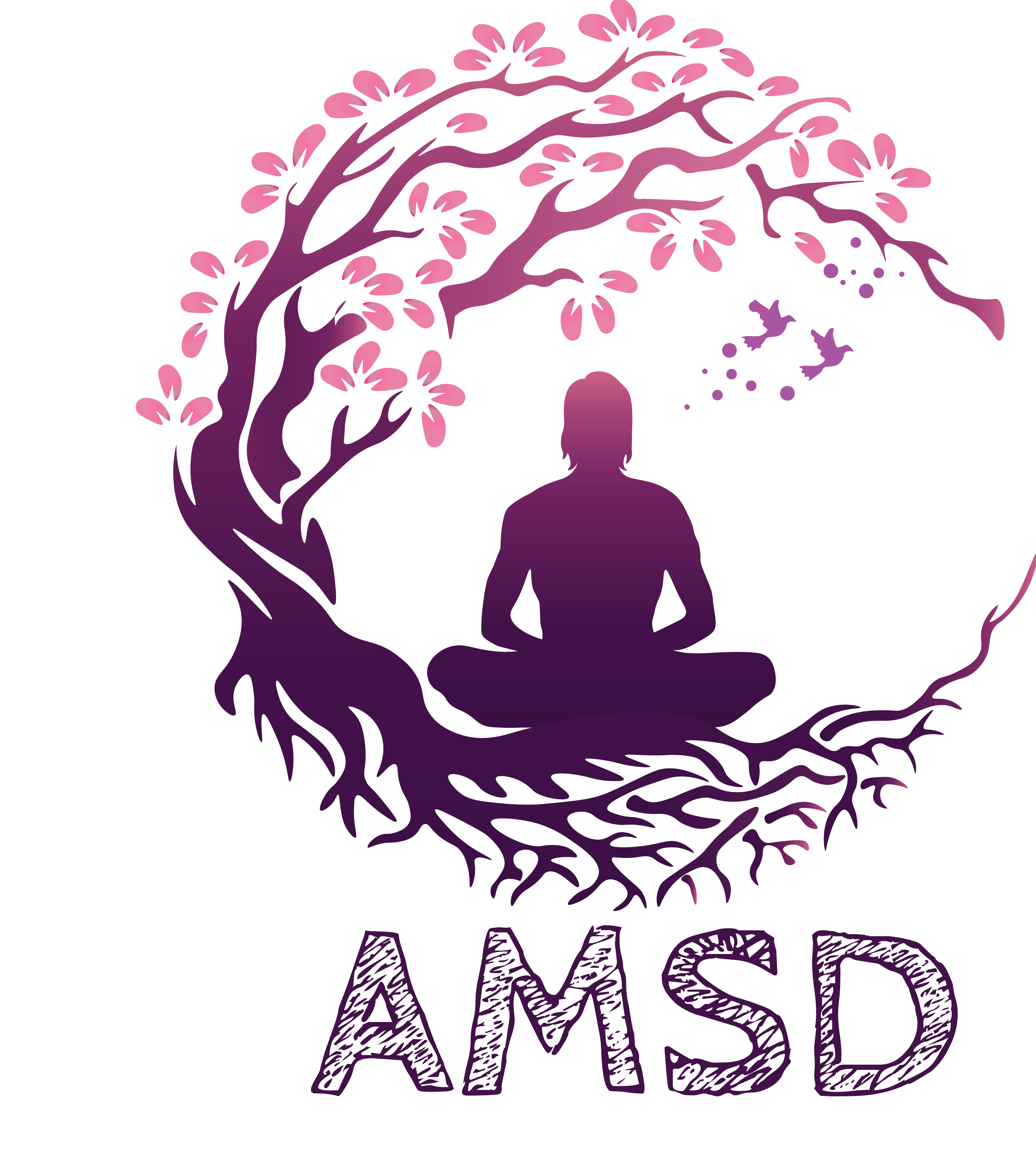One encounters individuals whose innate abilities and gifts converge seamlessly with acquired skills and profound knowledge. Such is the essence of a spiritual director, a person uniquely “called” to guide others in their spiritual journey. The natural gifts of a spiritual director are multifaceted, encompassing discernment, the art of guiding others in prayer and silence, and an ability to note and draw attention to significant insights and sensed movements arising in the directee.
What sets apart a spiritual director is their capacity for depth and breadth, an acknowledgment of spiritual freedom, and the ability to meet a directee where they are, creating a safe space for spiritual exploration. Inherent qualities like accountability, wisdom, gentleness, compassion, maturity, caring, and prayerfulness are recognized by others, confirming the director’s authenticity and impact.
A spiritual director is one who honors contemplative connection, embracing holism by integrating mind, body, will, and spirit. This integration is not merely a personal journey but a recognizable spiritual path that resonates with seekers. The director’s openness to self, to others, and to the transcendent is not only acknowledged but sought out and confirmed by those who cross their path.
The skills and knowledge possessed by a spiritual director are honed through training and experience. The director listens deeply, employing skills such as noticing, tracking, distinguishing, and challenging, always with the directee’s well-being and the spiritual direction relationship at the forefront. An inner life practice, including prayer and contemplative exercises, enhances the director’s self-awareness, enabling a deep understanding of personal gifts, limitations, and wounds that may influence the spiritual direction relationship.
Maintaining healthy interpersonal boundaries is another skill, with the ability to recognize and address personal biases and assumptions. A spiritual director exhibits habits of self-care and care for others, aligning with ethical guidelines to ensure a responsible and respectful approach to the spiritual direction relationship.
A spiritual director is not only competent but ethically accountable and authentic. Regular spiritual direction for oneself and supervision by peers and teachers exemplify the director’s commitment to ongoing personal and professional growth. Respect for the agency of directees, adherence to universal ethical guidelines, and finding support in a community setting underscore the director’s accountability and integrity.
In conclusion, a spiritual director is a dynamic individual whose abilities, gifts, skills, and knowledge coalesce to create a transformative presence. Authenticity, accountability, and a commitment to values such as non-judgment, inclusion, contemplation, compassion, and service for the common good characterize the spiritual director, inspiring others to explore and embrace their own spiritual journey.

